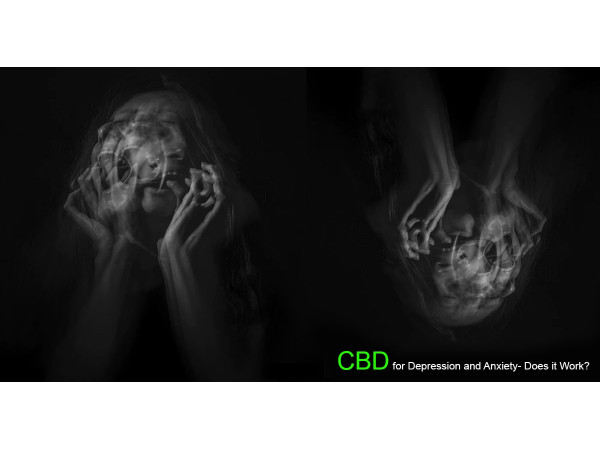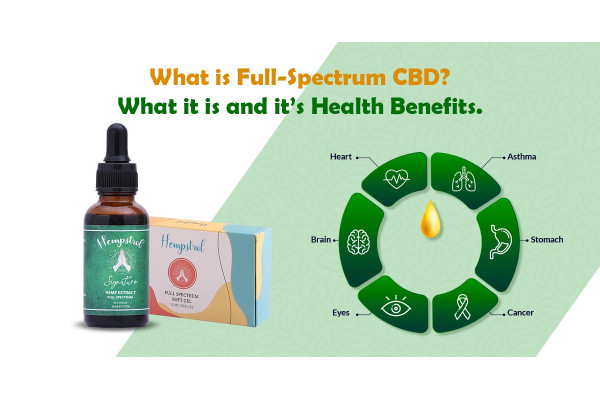CBD for Depression and Anxiety- Does it Work?
Have you ever wondered why CBD is so popular?In many types of research, it is well-established that CBD can help you treat almost any physical and mental illness. And thanks to word of mouth marketing, the CBD oil industry is growing more than ever before. Here on this blog, we are going to limit our discussion to how cannabidiol oil India may help with mental health conditions such as anxiety and depression.
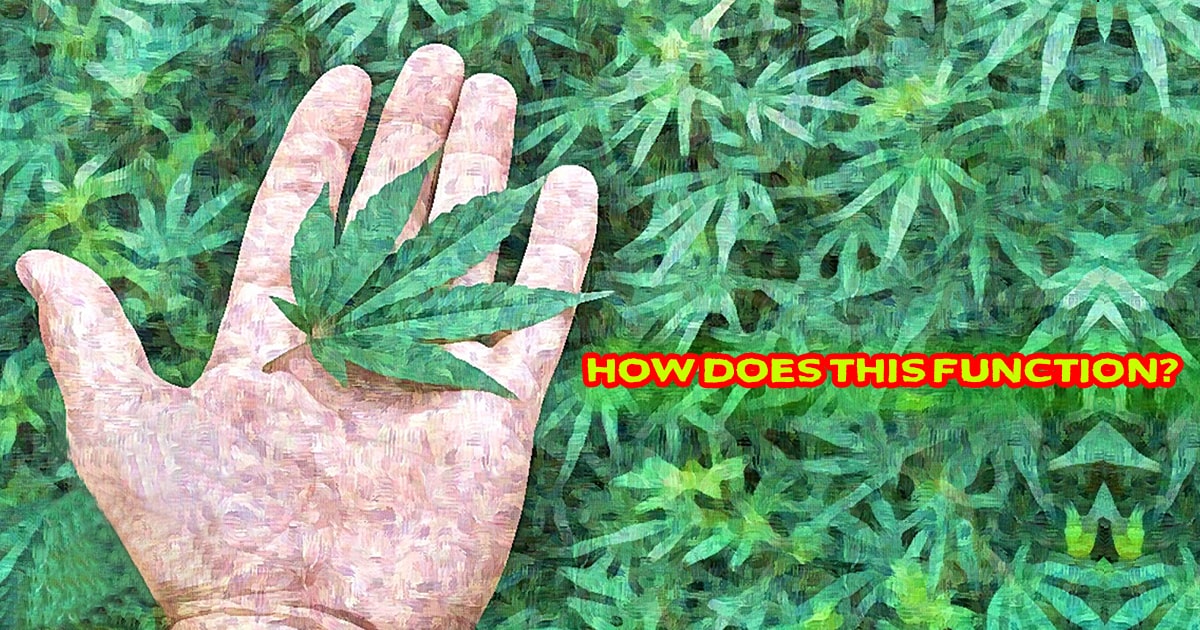
How does this function?
Cannabidiol (CBD) is derived from cannabis plants such as industrial hemp and marijuana. However, CBD, which is derived from industrial hemp, has more CBD and contains only a trace amount of THC, which makes it effective and safe. Its cannabinoid interacts with our endocannabinoid system (ECS) in the human body, which regulates several bodily functions, including mood regulation and pain perception. Cannabidiol and other cannabinoids bind to their receptors, and when they do, the endocannabinoid system reacts, resulting in health effects. For example, it helps to provide relief from joint pain. In terms of the mind, it may induce feelings of relaxation and stress reduction. It may even increase anandamide production if necessary, thereby alleviating mental health issues. More importantly, these CBD advantages do not result in the well-known "high."
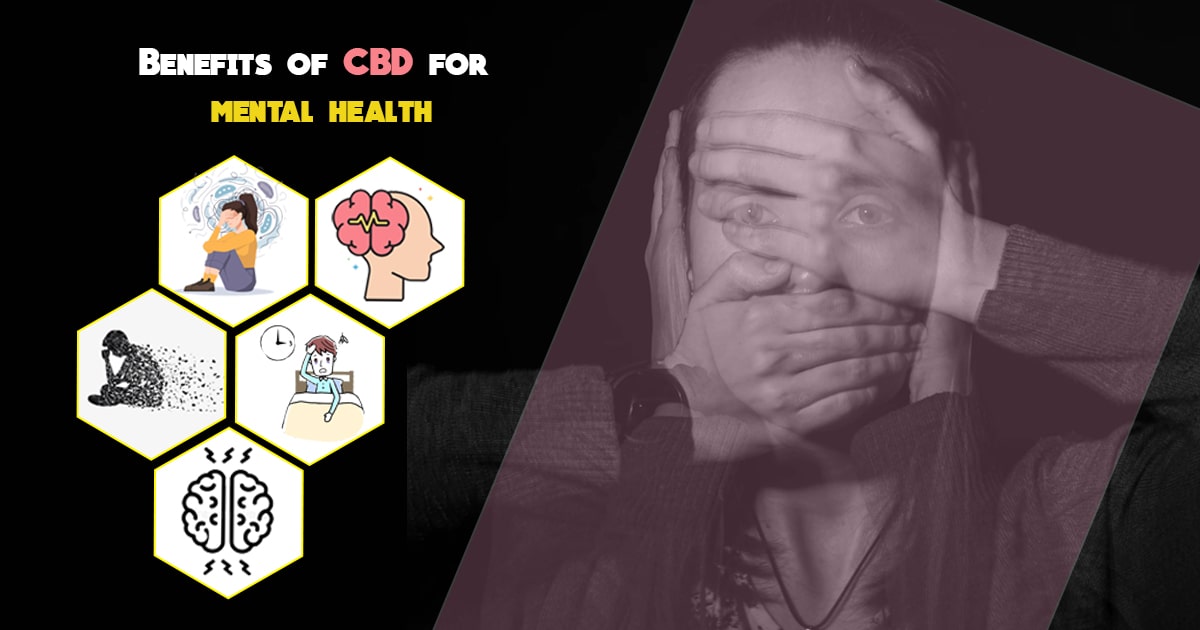
Benefits of CBD for mental health
CBD is said to help with a variety of conditions, but more research is needed to determine the potential effects and benefits of CBD. Some existing research suggests that CBD may be useful in the treatment of a variety of conditions, including depression, anxiety, epilepsy, and sleep disorders, among others. Let's look at the potential benefits of CBD:
Epilepsy: CBD appears to have a number of neurologic benefits, including reducing the frequency and severity of seizures. Anti-seizure medications may not be effective in treating some of these conditions, such as Dravet syndrome and Lennox-Gastaut syndrome (LGS). In recent years, viral clips of CBD treatments effectively alleviating seizures have been widely shared on social media, and research has supported the efficacy of these treatments. A large-scale study on the use of CBD in the treatment of pediatric epilepsy discovered that CBD reduced the frequency of seizures by more than 50% in 43% of Dravet syndrome patients.4 The FDA recently approved Epidiolex, a cannabis-derived medication containing CBD, to treat certain childhood seizure disorders.
Anxiety: For many people, anxiety is a major issue. Research suggests that CBD may help alleviate anxiety symptoms. One study looked into the possible neural basis for CBD's ability to alleviate symptoms of social anxiety disorder. A 2015 study published in the journal Neurotherapeutics examined preclinical studies on the use of CBD for anxiety and discovered that CBD was effective for a number of anxiety conditions such as OCD, panic disorder, social anxiety disorder, and PTSD. Further research is needed to better determine the therapeutic benefits of CBD.
Depression: Effective treatments, such as psychotherapy and medication, are available, though interest in complementary and alternative treatments has grown in recent years. CBD has been studied for its potential antidepressant properties. Some antidepressants work in the brain by binding to serotonin receptors. Low serotonin levels may contribute to the development of depression, and animal studies indicate that CBD may have an effect on these receptors, resulting in antidepressant effects. According to a 2018 study, the antidepressant-like effects of CBD are dependent on serotonin levels in the brain. CBD doesn’t increase serotonin levels but affects how the brain responds to serotonin that is already present in your body.
Difficulties Sleeping: A lack of sleep has been linked to health problems such as depression, type 2 diabetes, obesity, and heart disease. CBD has a calming effect, and due to that, it may be useful in treating sleep disorders. One study of adults with anxiety and poor sleep found that 65% improved in sleep quality scores after a month of taking an average of 25mg of CBD daily, though those scores fluctuated over time.
Post-Traumatic Stress Disorder (PTSD): It affects a huge number of people around the world. Symptoms include reliving traumatic events, having intrusive thoughts, having nightmares, and avoiding things that may trigger memories of the trauma. According to some research, CBD may be beneficial in reducing the symptoms of this condition. Researchers discovered that taking an oral dose of CBD in addition to routine psychiatric treatment for PTSD was associated with a reduction in symptoms in one study published in the Journal of Alternative and Complementary Medicine.
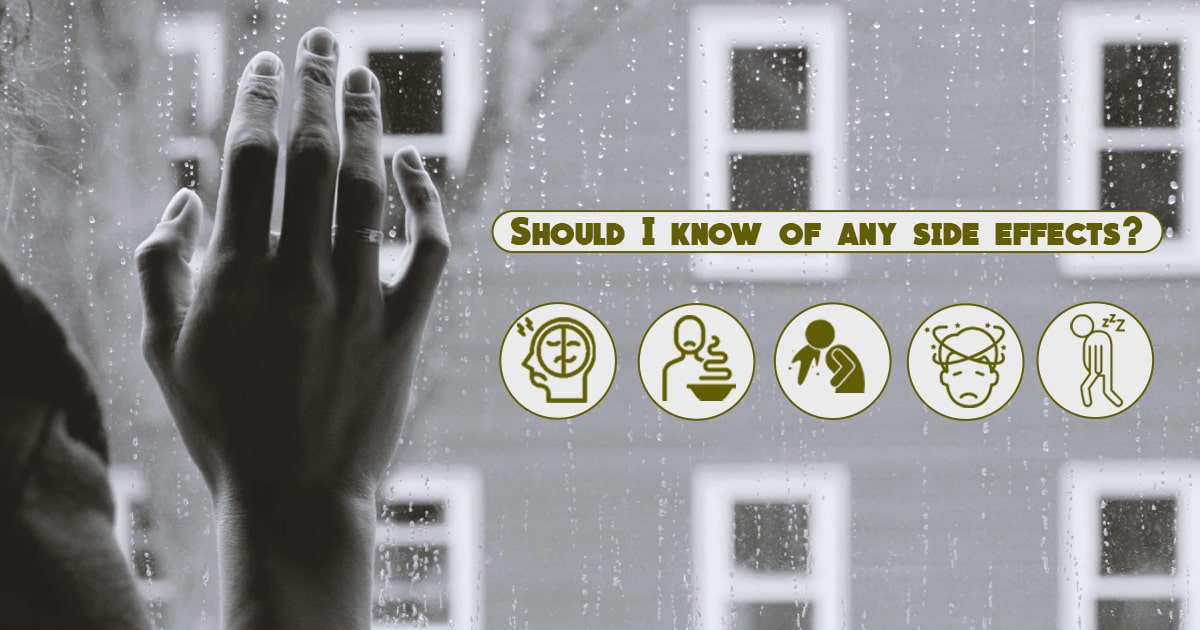
Should I know of any side effects?
While it is well established that CBD has many benefits, it is also important to consider that this compound has some possible risks that one should know of. The degree of these side effects may vary from individual to individual; hence, prior discussion with the brand about any allergy you may have is important. Some of the reported side effects are:
Shift in mood
Appetite changes
Nausea
Dizziness
Drowsiness
Conclusion
If you have symptoms of a mental health condition, you should consult a doctor or mental health professional before you buy CBD oil India online. Self-medicating with CBD or other supplements may result in treatment delays, which may worsen your symptoms. If you are still interested in trying CBD as an addition to your regular treatment, consult with a healthcare provider who can help monitor your symptoms. Based on your symptoms and any medications you are taking, your doctor may recommend a product and dosage that is appropriate for you. Always be on the lookout for any potential negative side effects in your body, and consult your doctor before discontinuing CBD use.
















